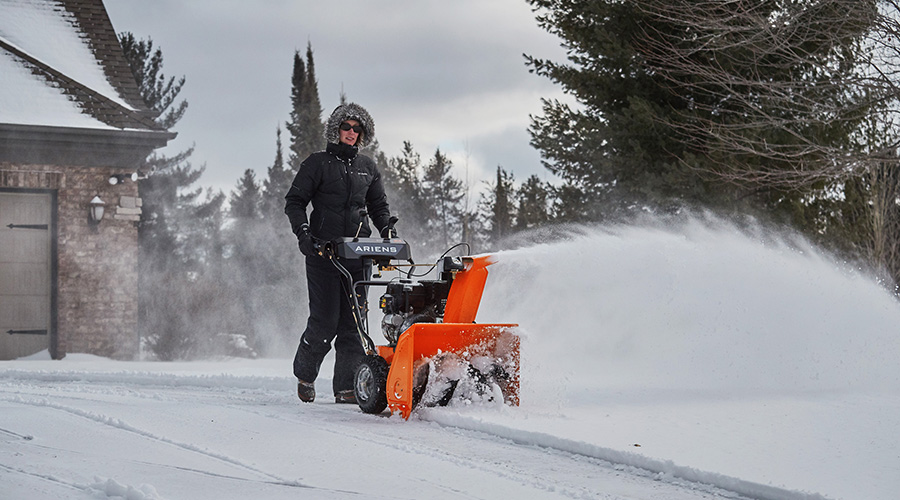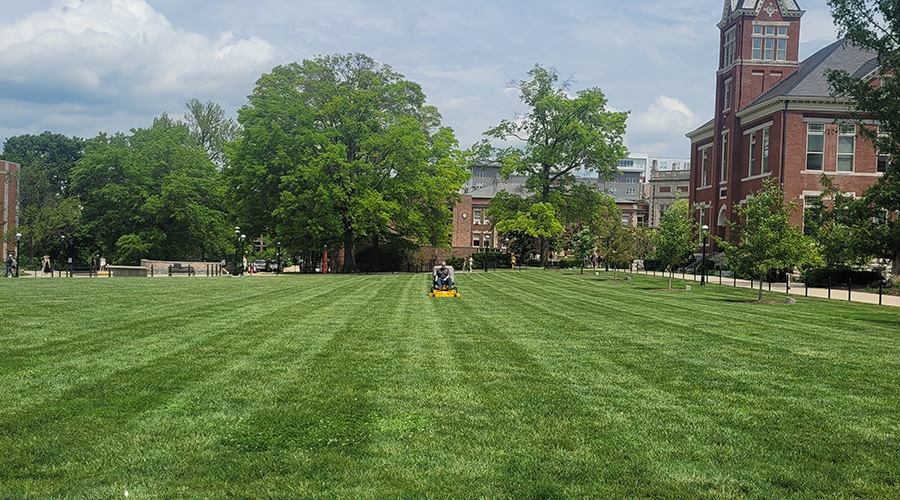Quality Customer Service Following Mower Purchase Important
Support by the vendor after the sale is as important as making the right selection of mowing equipment. Regardless of manufacturer or maintenance, mowers will break down. Once a manager narrows down the type and style of mower to purchase, the next step is to work with several vendors and interview them just like a new employee because, essentially, they are.
When the mower breaks down, managers need assurance that the supplier can provide parts and supplies and repair service in a timely manner. Managers should ask for several references or look to their own network of peers for honest feedback on a local provider.
Asking a supplier these questions when purchasing a new mower can help managers make a smarter decision:
- Can you service the mower at the job site, or is pick up and return required?
- What is the turnaround time for repairs?
- Do you provide an estimate before starting work?
- Are loaner mowers available?
- How long will it take to ship a part that is not in stock?
- What guarantees of these items will they provide in writing?
These are critical questions because even though a mower might require repairs, the grass does not stop growing. Any potential lapses in vendor services make it more difficult for operators to catch up. These issues create stress for managers and, more importantly, take a toll on the turf.
Routine maintenance
As part of the process in purchasing mowing equipment, managers need to be sure that in-house technicians can provide routine maintenance and small repairs on it. It is essential that they be able to perform day-to-day maintenance on equipment as recommended by the manufacturer.
These tasks include: greasing key parts, checking and changing air filters, changing oil, and checking and changing blades and belts. Mechanics also need to check tire air pressure daily because underinflated tires can affect the uniformity and quality of the cut.
Managers also might be tempted to hold down costs by purchasing aftermarket parts, but they need to beware. Not all aftermarket parts are a value. Due diligence is essential. When purchasing key parts for mowing equipment, managers need to pay particular attention to two areas:
- Does the replacement part have grease fittings? In some cases, parts have sealed bearings, which can be more costly to replace.
- What is the thickness of replacement blades? Many blades are lightweight and not designed for commercial mowing needs. Check with the dealer and ask what parts they replace most frequently, as well as the type of inventory they keep.
Related Topics:














